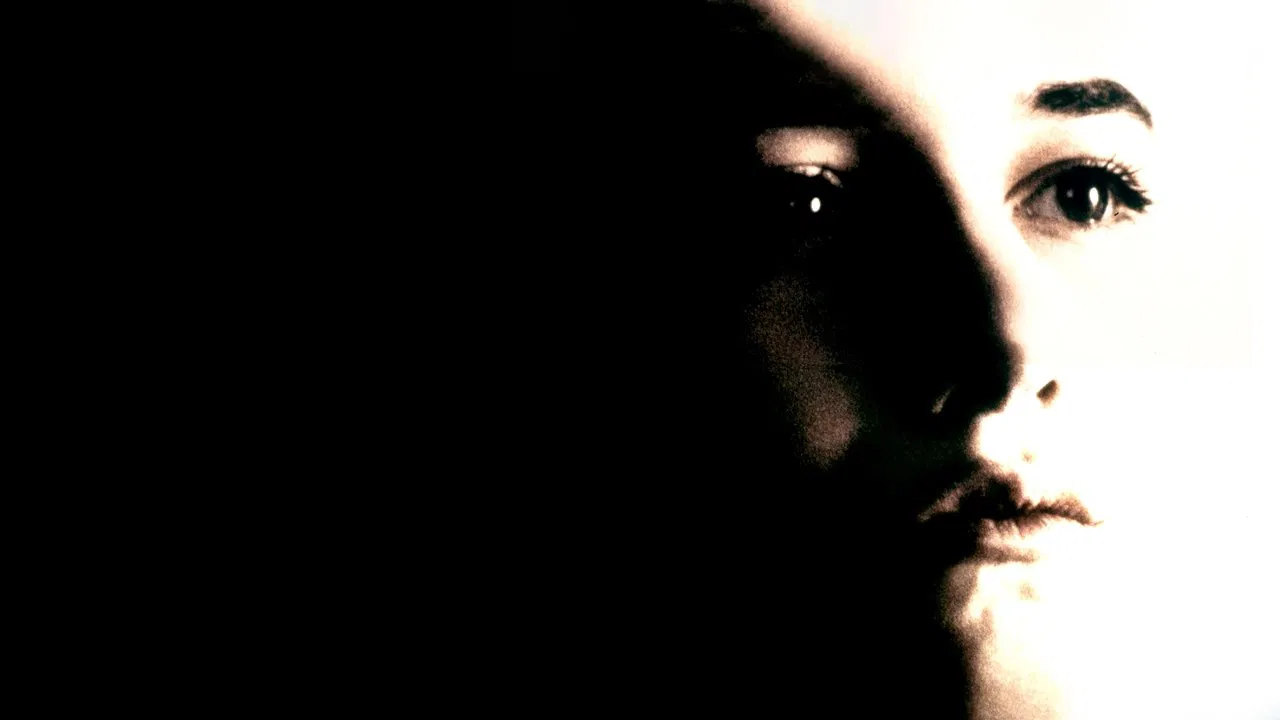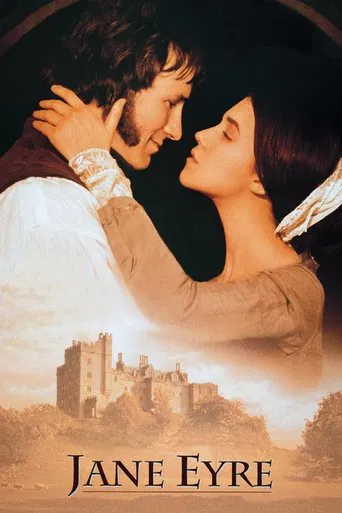

I have seen many of the adaptations of "Jane Eyre" I like the original book so much that in each adaptation I usually find redeeming qualities as well as the opposite. Even with the most recent 2006 film.It must be very difficult to translate this story to film, since even with the many mini series, that have plenty of time to include aspects in the book, that two hour movies cannot, still seem rather lacking one way or another.Every one seems to have their favorite adaptation, and this one appears to be less often among them, with even harsh criticism of William Hurt in the role of Rochester.For me, although he does not have the dark hair and eyes Hurt's demeanor is more like the Rochester I grew fond of from the novel. I don't think it was the perfect representation, but He is my favorite, by far.Again physically, Jane Eyre was described differently in the novel, but just like Hurt, had the essence of the Jane from the novel.Most of the flaws I saw, were directorial and screenplay originated, and very much not the acting or the interpretations of the characters by the actors. And that the novel has too much information to squeeze in the many important aspects of it, into a two hour movie. Or even a mini series...obviously.This is still my favorite adaptation, but enjoy all of them, for the parts that the others don't have.I will continue to hope that one day, someone will come along, and follow the book onto the screen.
... View MoreFranco Zeffirelli brings his Italian flair to a British tale, with French and American actors playing the leads, supported by a mainly British cast (along with Aussies and Kiwis). It works well in a most charming and emotionally satisfying film. Zeffirelli subdues his Italian over-the top expression of emotion; except for the music which brims with feeling and almost tells the story by itself (Capponi and Vlad). The costumes, cinematography, and story line are subdued but effective. It's a Gothic tale, so the "shadows are as important as the light". Rochester is worldly wise and tough as an "India rubber ball". He sees austere Jane as having a "strange unearthly beauty". He quizzes her about her talent (strange paintings) and asks if that head upon her shoulder "has more of the same kind of furniture within ?" Jane must subdue her emotions because she is "his hired servant".The film is criticized for the seemingly lack of passion between Rochester and Jane, which smolders before it blazes. Also, criticized is an abrupt conclusion, as Zeffirelli quickly fans through the last pages of the novel; and uses his considerable filmatic stagecraft to give a stunning almost dialogue free conclusion. His last visual shot frames the couple in a happy pastoral scene.
... View MoreI have loved the A&E version of Jane Eyre since I was a child. The story always spoke to me. I very recently finally read the book and was even more blown away and in awe. It is brilliant, fiction at it's finest! After finishing the book I re-watched the A&E version, the newest version with Mia Wasikowska, and the BBC version. All of which are quite brilliant! I was going through netflix and saw this. I got excited that there was a version I had yet to see and I watched it. It didn't take me long to realize it was ridiculous. The plot strays from the book far too much. The writing of the script was terrible. The acting was terrible. Both Jane and Edward are very passionate people. Jane is rather subdued, but still, when reading the novel and in the other film adaptions, you can catch glimpses of her true character. Both of them in this film were like wooden dolls. So lacking in feeling or conviction. And St. John was shoved in here like an afterthought. His part was nothing like how it was supposed to be and his proposal was mind numbingly, hilariously out of character! I laughed through a great deal of this film. And I don't even feel bad saying that.
... View MoreIt's curious to see an adaptation that takes away bits of drama and suspense from a novel, instead of adding them. There rather tends to be extra explosions, screams, prolonged farewells and running around mindlessly. Not here. I never expected to see a Jane Eyre without the horrible vision of Bertha in Jane's room and the torn veil, but for some reason this is one of the scenes left out, and it is very telling. The laughter echoing in the corridors is bound to make you uneasy, not scared. The Gothic element is simply missing. And when Jane leaves, she rides a carriage to St John and Mary, whom she's already met, and has no need to wander around the moors without food, dignity or even a name. Nothing dangerous, incredible or hand-of-God-like in all of it.Still this is not a bad film to watch. I liked Charlotte Gainsbourg as Jane, although I too would have liked to see her eventually show more wit and "warmth" of character, both in the old and the new sense of the word. I still had the feeling it was there, she was a Jane Eyre, she simply didn't have time. Like St John didn't have time to propose or Blanche Ingram to stage the charades, the fortune teller to appear or the triangle of Helen, Miss Taylor and Jane to be played out. Great material for a film, sadly not there. And Rochester... you had to know him to fill in the gaps.But, I have to say, it was weird to see Anna Paquin and Fiona Shaw in the beginning, as Jane and Aunt Reed, hating each other as much as they did as Sookie Stackhouse and Marnie the necromancer! For that I almost added a star.
... View More